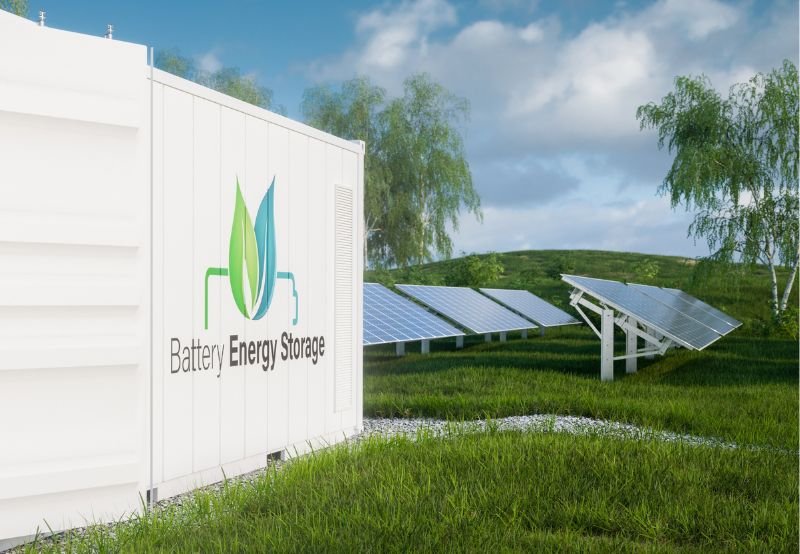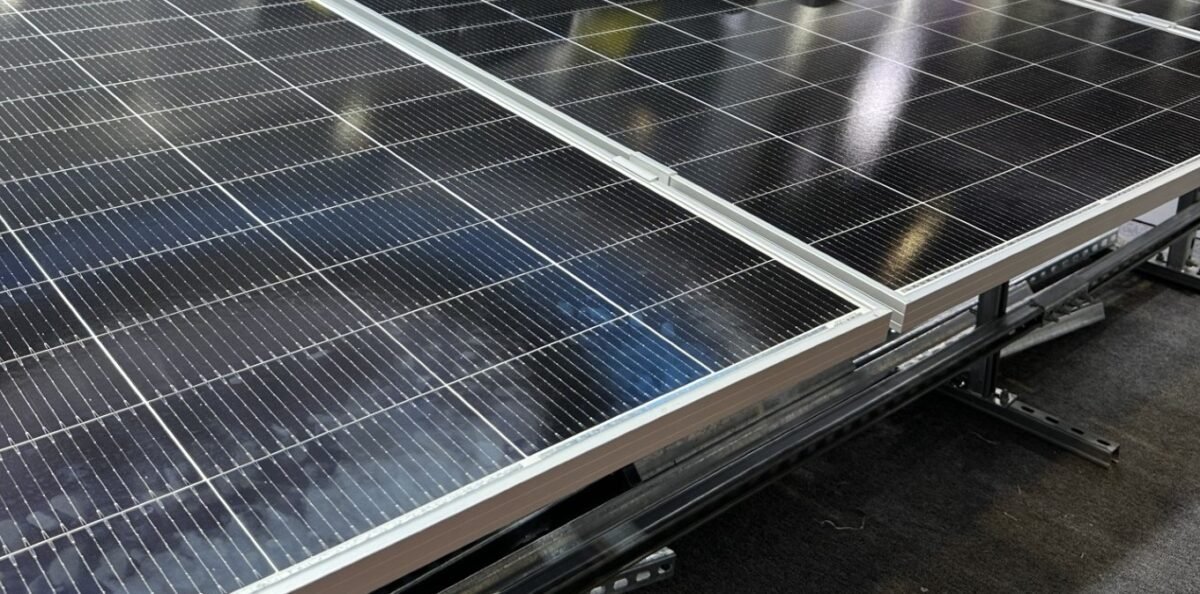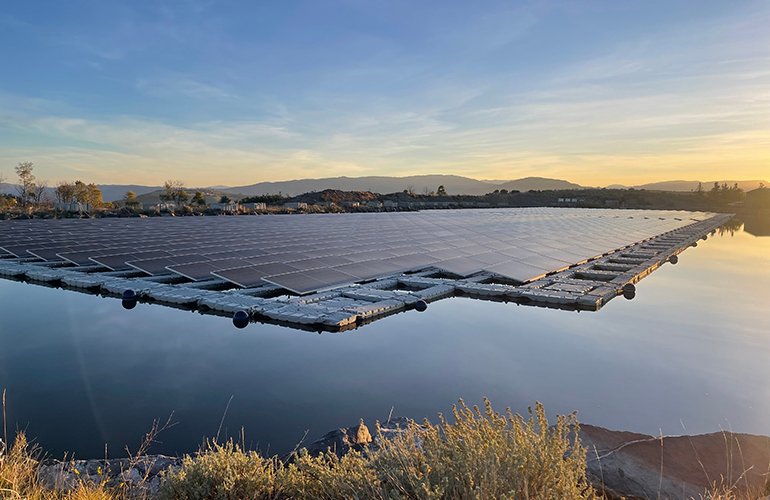Why Traceability and Due Diligence Dominate Solar Financing in 2025
It’s 2025, and the rules of solar financing have changed. Buyers and lenders aren’t just looking for the lowest price—they want proof. Traceable supply chains and airtight technical due diligence (TDD) have become the foundation of every deal. Why? Because when billions are on the line, nobody gambles on uncertainty.
Project-Grade Traceability: The New Gold Standard
Remember when a solar panel was just a solar panel? Those days are gone. Now, every module, every inverter, even the bolts holding your racking system need a verified pedigree. Buyers demand full visibility into raw material sourcing, manufacturing conditions, and shipping routes. Tesla Powerwall installations, for example, require documentation down to the lithium source.
What Does “Complete” Traceability Look Like?
Think blockchain for solar—digital records verifying ethical sourcing (sorry, no Xinjiang polysilicon surprises), carbon footprint metrics, and labor conditions. First Solar’s thin-film panels now ship with QR codes revealing their entire lifecycle analysis. Lenders eat this up because it reduces risk—no nasty compliance surprises down the road.
Technical Due Diligence: More Than Just a Box to Check
Here’s where engineers earn their keep. Modern TDD goes beyond basic feasibility studies. It’s forensic-level analysis of degradation rates, microclimate impacts (those desert dust storms matter), and even cybersecurity for smart inverters like Fronius SYMO. One missed detail? Say goodbye to your investment tax credit.
The 72-Hour Rule
Speed matters. Projects that clear diligence in three days secure financing 40% faster. Top developers use AI tools predicting panel performance under extreme weather—because Florida hurricanes and Arizona heatwaves don’t care about your ROI projections.
Financial Certainty Starts With Technical Certainty
This isn’t academic. When a Nebraska solar farm proved 99.8% component traceability last quarter, it landed $2.8M extra financing at better terms. Hard data beats handshake deals every time. And with IRS auditors scrutinizing every kilowatt-hour for incentive compliance, guess which projects sail through? The ones with paperwork as solid as their racking systems.
But Wait—Does This Slow Down Deals?
Counterintuitively, no. Automated platforms now crunch 90% of traceability data instantly. It’s like running your project through a financial MRI before signing checks. Painless? Maybe not. Worth it? Ask any developer who’s survived an incentive clawback audit.
The Bottom Line
In 2025, financing follows the paper trail. Whether you’re pitching a community solar garden or a gigawatt-scale farm, your success hinges on two words: prove it.






